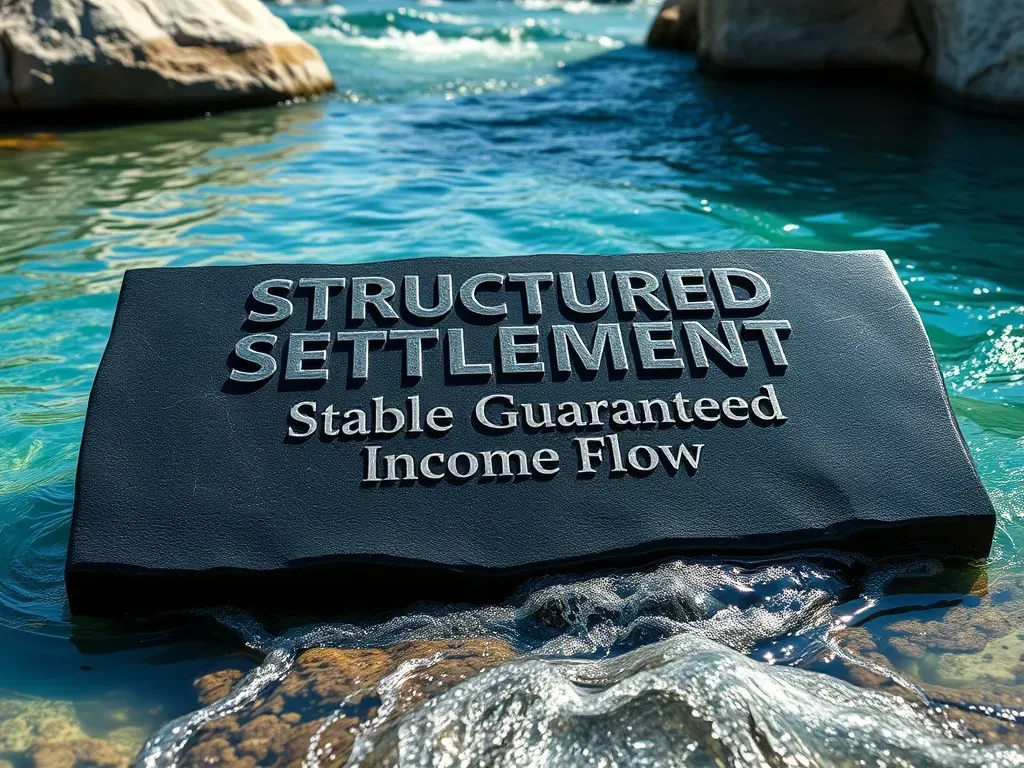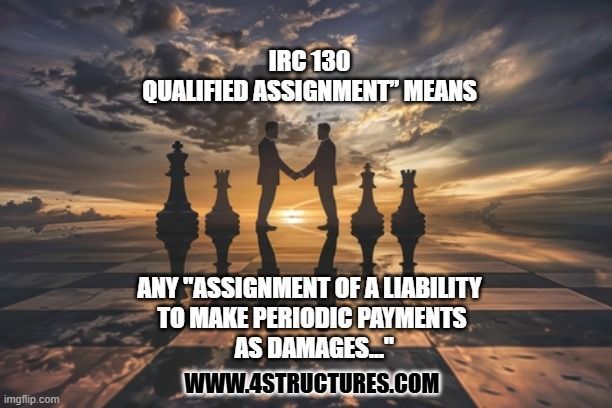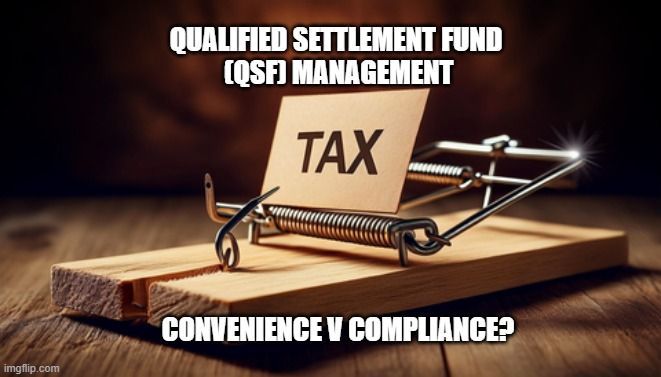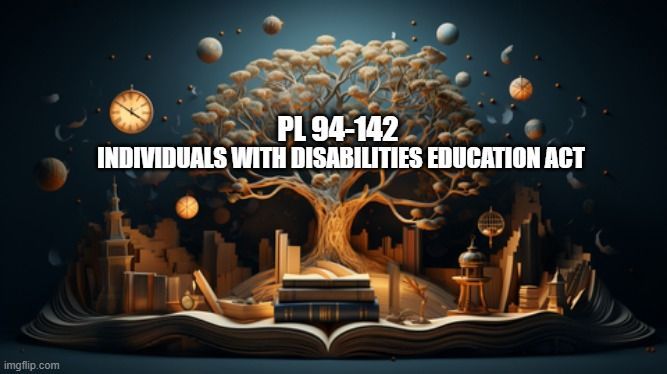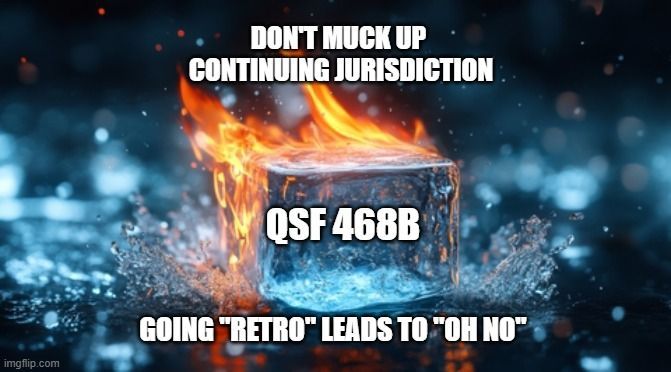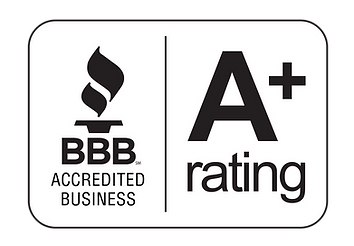Plaintiff Recovery Trust | Taxable Settlement Planning
Keep More of Your Taxable Damages Settlement

What is a Plaintiff Recovery Trust and How Does It Work?
A Plaintiff Recovery Trust is a trust that has been specially designed to reduce taxes and increase protection of a litigation claim.
- It owns a plaintiff’s claim
- It receives the settlement or award
- It then then pays legal fees and expenses and distributes proceeds. It pays the same legal fees as would an ordinary plaintiff and distributes the remainder to the original plaintiff.
Why is a Plaintiff Recovery Trust Even Necessary?
Lawyers seeking to secure the best possible outcome for their clients should be mindful that when it comes to cases involving taxable damages, their clients often find themselves facing the burden of taxes on
- the amount received by the plaintiff plus
- the amount received by the plaintiff’s lawyer.
However, innovative tax planning strategies such the Plaintiff Recovery Trust can effectively increase the post-tax amount for lawyers' clients. When a Plaintiff Recovery Trust is used, the plaintiff is only taxed on the first amount (i.e., what he or she receives). This avoids the “Plaintiff Double Tax”
How much could you save with a Plaintiff Recovery Trust?
Depending on the state where you live and the size of the settlement, a Plaintiff Recovery Trust could increase your net after-tax recovery by 30%-70% by lowering your taxes. The higher your tax rate, the more you will save. The higher your lawyer’s contingency fee, the more you will save. The higher your lawyer’s costs, the more you will save.
Plaintiff Recovery Trust Savings Could Result in Increased Payments
Instead of plaintiffs having to structure less in order to pay taxes on the fee portion of their settlement. The Plaintiff Recovery Trust avoids those taxes, allowing larger payments or sustaining payments for longer periodic of time.
Plaintiff Recovery Trusts May Be Useful in these Types of Cases
- Punitive damages, penalties and interest.
- CPLR 50 A or CPLR 50B judgments where there there is likely to be substantial amounts of pre-judgment and post judgment interest
- Alimony & child support
- Emotional distress without physical injury
- Fraud, negligence, breach of contract
- Interference with property/contract
- Intellectual property settlements
- Defamation, libel, privacy violations
- Professional malpractice without personal physical injury, physical sickness, or wrongful death
- Opt-in class actions
A Plaintiff Recovery Trust is Not Needed Where the Recovery is Tax-Free or Legal Fees Are Deductible
- Physical injury claims without punitive damages/interest
- Claims brought as part of your business
- Certain discrimination claims
- Certain employment claims
Asset Protection
The Plaintiff Recovery Trust is legally separate from the plaintiff and administered by a regulated institutional trustee. As a result, creditors who could ordinarily take the litigation claim will often be unable to do so. Through a proprietary network of banks, the trustee we work with has the capability to deliver up to $125 Million in FDIC coverage per Plaintiff prior to disbursement while maintaining same day liquidity.
What is the Cost of Plaintiff Recovery Trust?
The Plaintiff Recovery Trust costs nothing if there is no recovery. Typically, the cost of the Plaintiff Recovery Trust will be 20% of your tax savings, assuming you’re subject to a combined federal and state income tax rate of 40%. Much of the time, plaintiffs using the Plaintiff Recovery Trust are subject to a higher tax rate, resulting in greater tax savings from use of the Plaintiff Recovery Trust. The settlement planning expert may share in 10% of the institutional trustee’s fee, with the fee remaining the same regardless.
Call John Darer today to discuss increasing your client's after-tax recovery with a Plaintiff Recovery Trust.
888-325-8640
Related Reading
The Contingency Fee Tax Trap and a Solution by Larry Eisenberg, in Bloomberg Tax August 21, 2018
New Taxes on Plaintiff Gross Recoveries, Not Net After Legal Fees, by Robert W. Wood ABA Journal November 7, 2019
How Sexual Harassment Plaintiffs Are Double Taxed by Trump Tax Law, by Robert W. Wood, Forbes August 27, 2018
Rep. Horsford introduces bill to end double taxation on consumers who win lawsuits FinancialReg News July 21, 2021
Avoiding Legal Settlement Fallacies, by Robert Wood, ABA Business Law Today December 6, 2021. Note #s 5,6 and 7!
#plaintiffrecoverytrust #attorneyfeetaxtrap #taxabledamages #settlementplanningfortaxablerecoveries #doubletaxation #PRT #settelmentswithtaxabledamages
Last updated May 12, 2025
